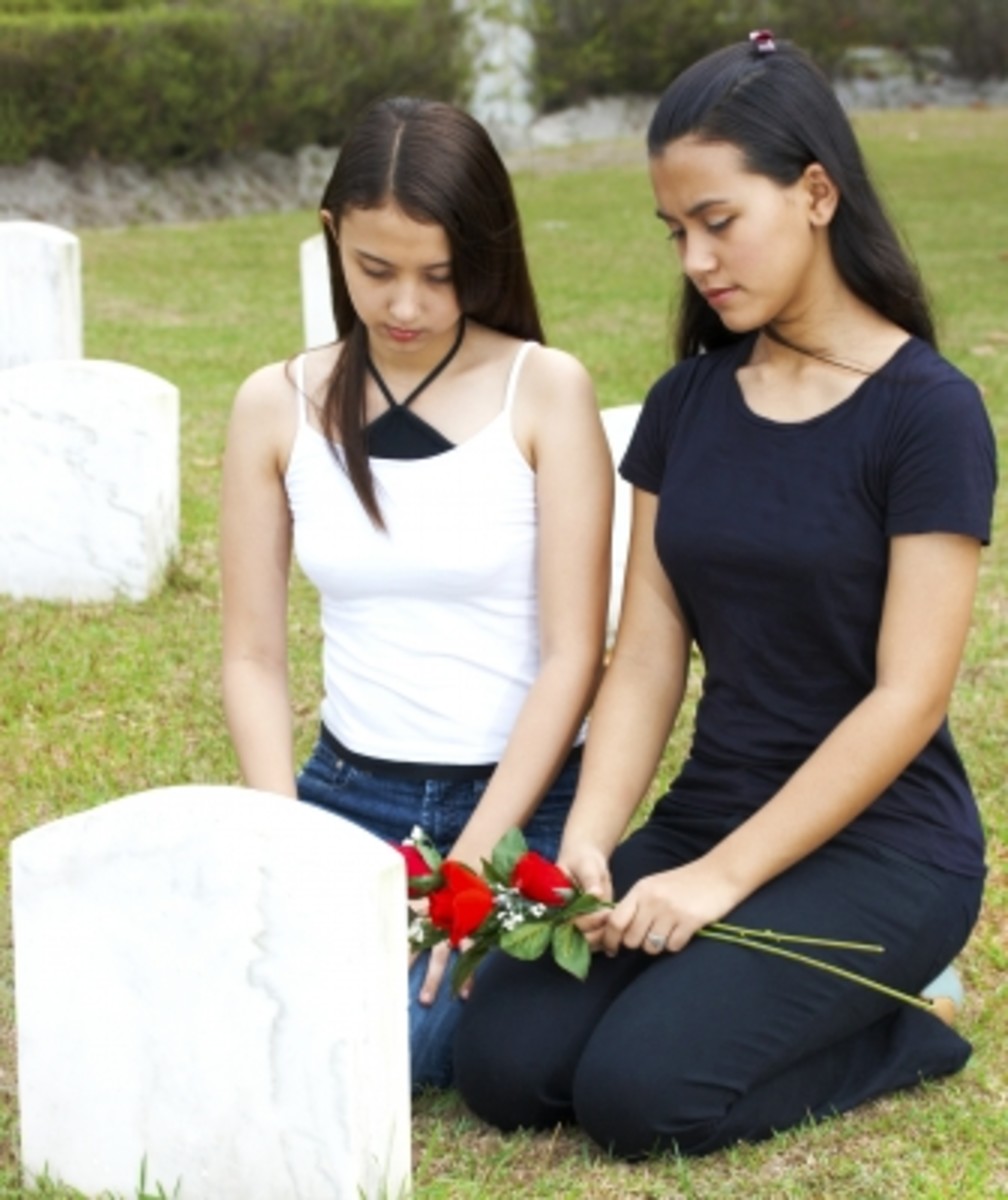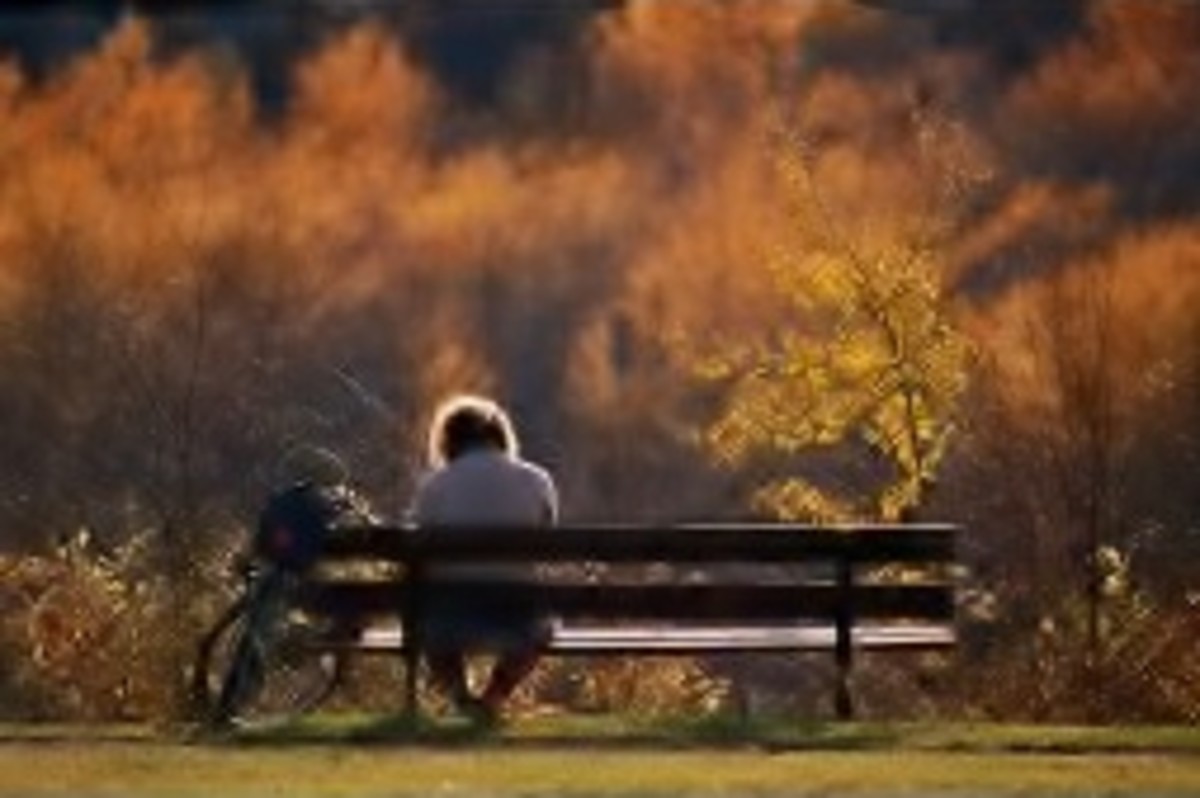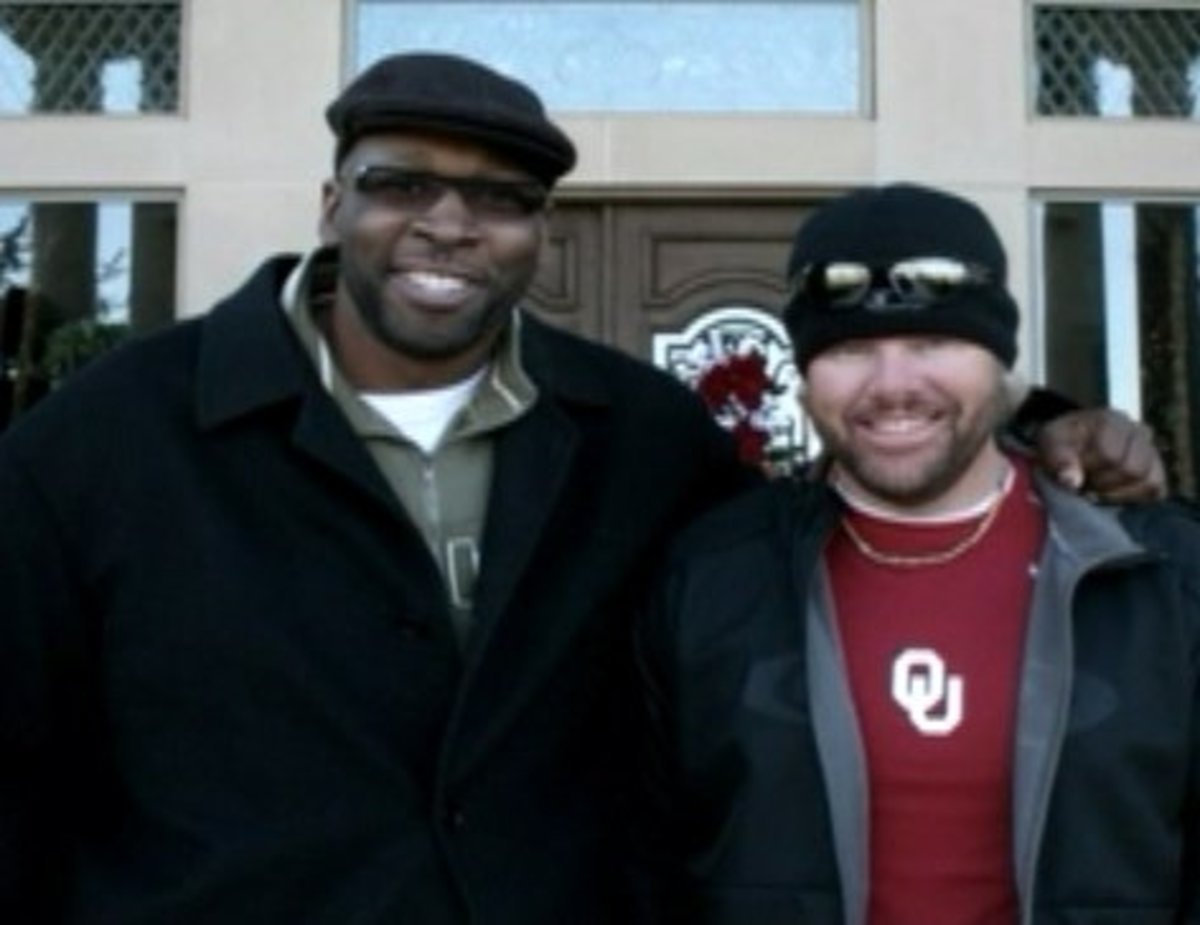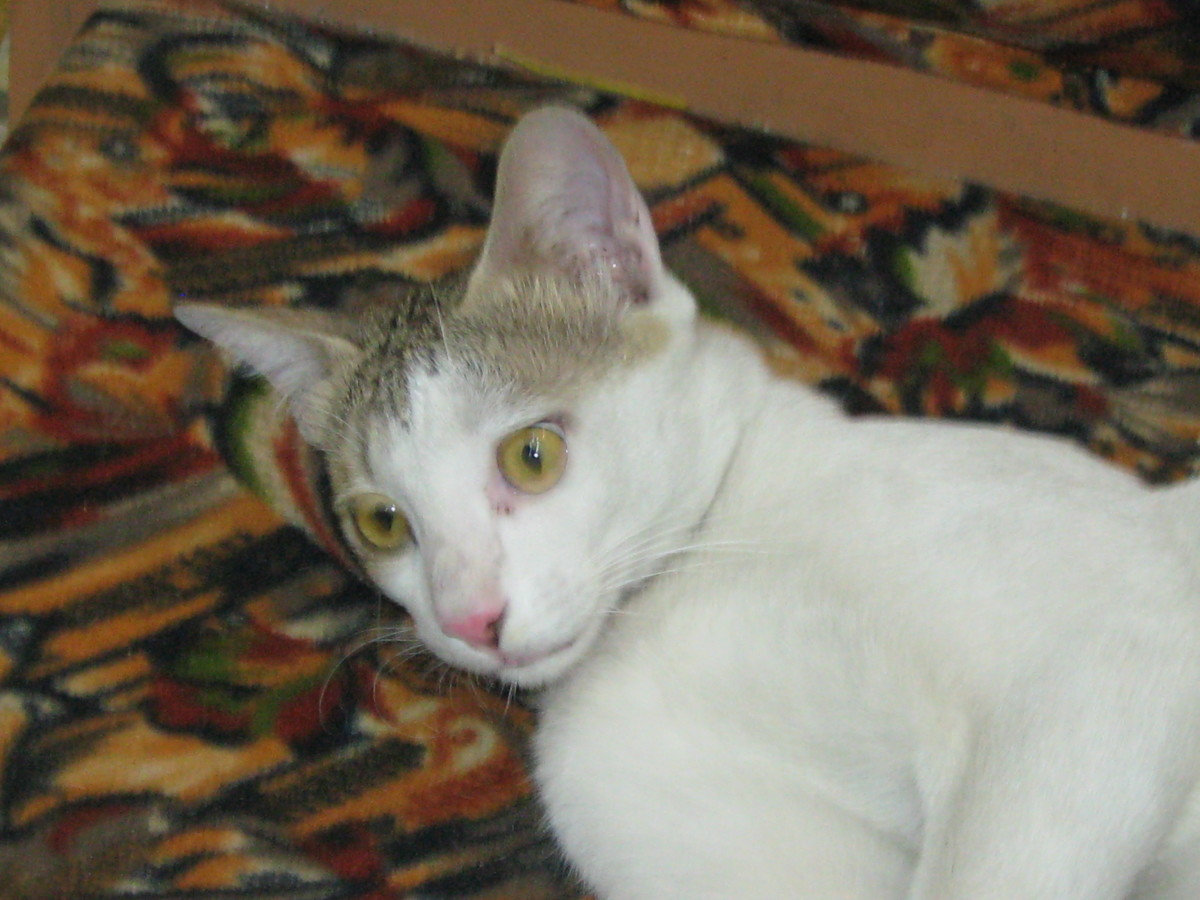When a Child Dies. What to Say and What to Do for Those Who Grieve
My Son Todd Edward Hunt 1963-2006
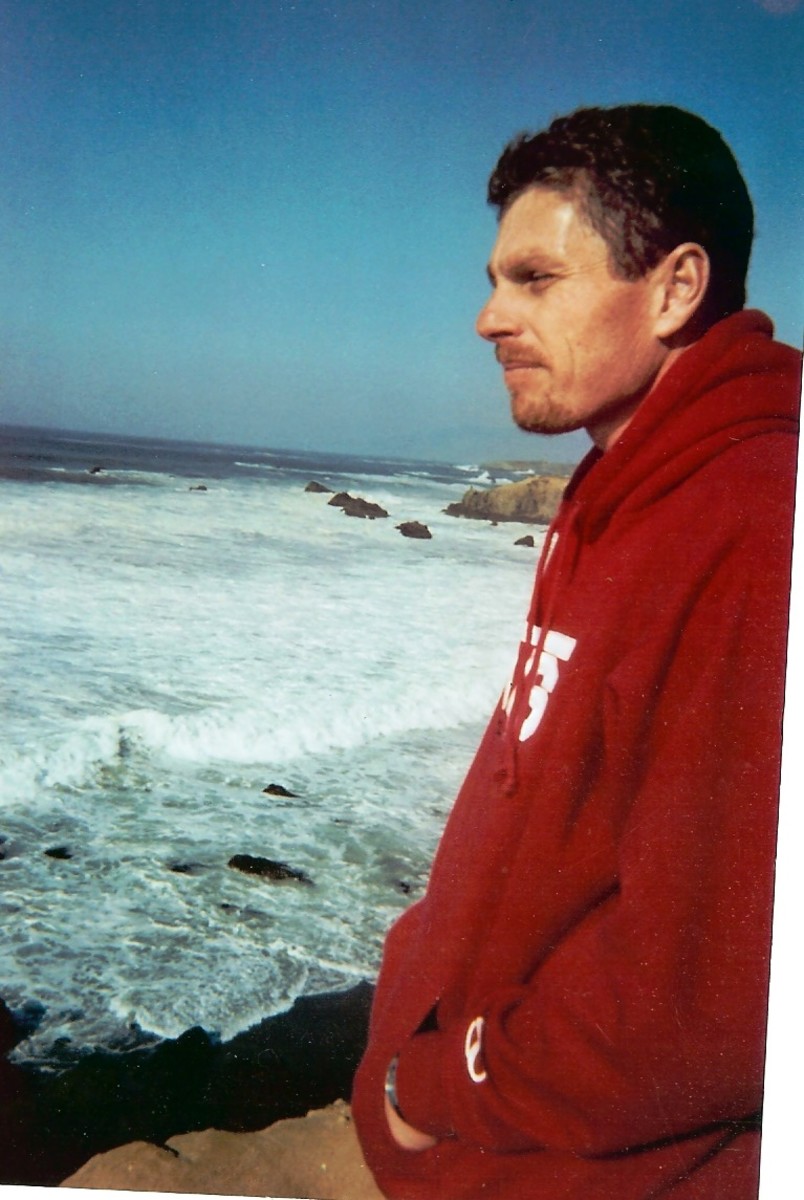
Grieving The Loss Of A Child
Grief over the loss of a child, regardless of the age of that child, is devastating and unimaginable. When you lose a child you lose part of yourself. I know because I lost my adult son.
Grief continues throughout the life of a parent or guardian. The moment of a child's death is frozen in time. There is no closure. Time does not heal all wounds. The mourning process is a personal rite of passage. Life is no longer the same.
Grief can take on different forms or a combination of all the following:
- Anger
- Guilt
- Depression
- Workaholic
- Denial
- Crying
- Headaches
- Loss of weight
- Fatigue
- Weakness
- Isolation
- Feelings of suicide
Grief is a normal reaction to loss and is very real. Those of us that grieve are simply responding to an abnormal event.
I Write to Avoid Heartache
In writing about my son Todd, I am able to keep him closer to me. I like talking about him. I don't feel the need to speak about him every day. In fact weeks can go by and sometimes even a month or more before certain memories begin to tug at my heart.
It's when the pain of missing him becomes almost unbearable that I begin jotting down my thoughts.
And this is one of those times.
To Todd...
I cannot feel the truth of love
When you’re not here with me
I cannot hear the music
That shrouds a symphony
The stars no longer twinkle
In dark black skies above
The emptiness inside me
Is cold and void of love
I should have been there with you
When you took your final breath
To comfort and to hold you
As you walked the path of death
For it was me that gave you
Your very life that day
I had no way of knowing
You’d one day slip away
You were so strong and active
The picture of perfect health
You loved to ski and hike and surf
Your children were your wealth
The courage of a lion
The gentleness of a lamb
You loved The Lord and kept his word
And prayed to the great “I Am “
Your name soft whispers in my ear
Connecting to my heart
The vision of your angel face
Stings gently like a dart
Thoughts of you play hide-and-seek
Echoes in my mind
Fog lifts quietly, there you are
Another place and time
I’d ask you to come back again
Your children need you so
Each one is so much like you
They have their fathers’ glow
I miss them too so far away
My heart cries that much more
They use to come a-running
Right through my old front door
Rest well my son and thank you
You could have chose another
But it was me and I'm so blessed
You chose me for your mother
Losing a Child Leaves a Hole in the Heart
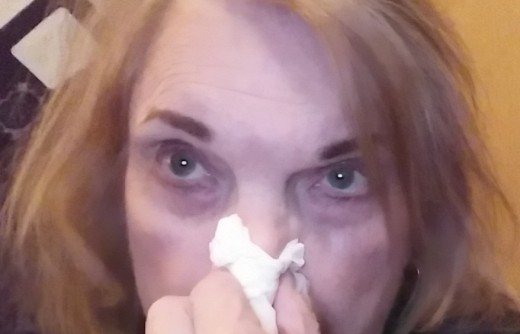
Helping Those Who Grieve
People often assume that when the child who died was an adult, the parents’ pain is less than if the child was young. Unfortunately, parents whose adult child has died often find their grief discounted or disallowed. I was blessed with many family and friends to offer compassion and support.
I don't wish to offend anyone, only to enlighten. And often the words of comfort that are offered to a person who has just lost someone dear to them are of little help. Look at the list below:
- Phrases such as " I know how you feel " may only increase any anger that is already brewing because of the loss itself. The truth is - no one...absolutely no one knows how that person feels.
- And here is one other famous phrase for condolence that needs to stop. " Just give it some time. In time you will feel better." This is not necessarily true. And anyone who has suffered the loss of a child knows that this is unfortunately not so. Whoever penned the famous quote, " Time heals all wounds " obviously never lost a child.
- " It's probably for the best " is often said when someone dies after struggling with cancer. Well, I'm here to tell you...it's never for the best for the mother who is left with a huge hole in her heart.
It's never the best for the child or children who grow up without their father. And it's never best for the siblings who are left with just memories. And when a spouse is involved, it certainly isn't best for them.
- A good way to help those that grieve is to feel compassion and allow them to vent or cry or scream. Don't judge or blame. Be merciful.
- Listen! I can't say it enough. Just listen. Then reflect and acknowledge their feelings. They have a right to them. They are in shock. Some go into denial. And others reveal no emotion at all. It's devastating. It's surreal. It is unbelievable. Just a nightmare.
- Be patient and accept their feelings.
- Don't try to provide answers to their unanswerable questions.
- Do not compare their grief to yours even if it was related to suicide.
- Reassure affected children that they are not responsible.
So what do we say to a person who is grief-stricken? Sometimes, " I'm praying for you or I'm so sorry " is all that is needed. And sometimes the best thing to do is not say anything...let your arms do the talking and give them a nice sincere hug.
Condolence Suggestions For The Death Of An Adult Child
Losing a child, young or an adult, is the most difficult loss of all. What do you say to those who have suffered a loss of this magnitude?
It takes a while before the parent and family will overcome a shock like this. Keep your message short and simple. The following suggestions may be helpful:
- I'm so sorry for your loss.
- Let me know if I can do anything.
- It was such a blessing to know (child's name.)
- I'm here when you need me.
- Just give a hug - no words are needed.
- Send flowers.
- Send a card.
- Have a tree planted in the child's name.
- Send a book of inspiration or about the grieving process.
- Place flowers on the grave site.
A Word to The Survivor
There is a tendency for survivors to withdraw from others in shame because of fears of blame and stigma. I felt empty with mounds of guilt. "I should have been there. Maybe I could have saved him."...played repeatedly in my mind.
Survivors might also feel trauma-related reactions, especially for someone who discovers the body. Even thoughts of suicidal thoughts can develop in the grief.
For those who are grieving:
- Don't blame others, especially yourself.
- Take care of yourself physically by maintaining a good diet, rest and exercise.
- Reach out for support from those you trust.
- Engage in healthy activites that provide distractions.
- Be patient in your healing process.
To Those Who Are Grieving
These are my own suggestions based on my own experience. And just so you know, it's been 10 years since Cancer took my son's life. I still can't look at his photos. The pain is still raw and the tears have their way with me.
I hope these suggestions help:you at this terrible time:
- Allow yourself to grieve.
- Take some time to yourself.
- Go outside, among nature.
- Let the tears come.
- Don't try to be strong.
- Youve lost a part of your heart. Treat it gently.
In Closing
As we try to comfort a grieving heart it's important to respect boundaries. There is no appropriate time to "get on with life" or "get over it". Be compassionate. The only thing you can really give is love.
Visits and phone calls should be limited or even avoided during the first few weeks. This is a private time for families and this privacy should be respected. Send cards of sympathy, flowers or even bake cookies and leave them at the door.
Remember to be brief when you do call or visit. Avoid being dramatic. Allow the grieving process to take place. It may take months or years to make sense of the death of a child, young or adult.
As for me... I will always grieve for my son.
Writing is a tremendous vehicle for self-expression. It provides therapy for those who grieve because it lifts the spirit and promises hope in the midst of tragedy.
Thank you for allowing me to touch upon my own personal heartbreak in the hope of helping others.
Resources And Help
http://www.compassionatefriends.org/brochures/death_of_an_adult_child.aspx
http://dying.lovetoknow.com/Loss_of_a_Child_Condolences
http://www.webmd.com/balance/tc/grief-and-grieving-symptoms
© 2011 Audrey Hunt

